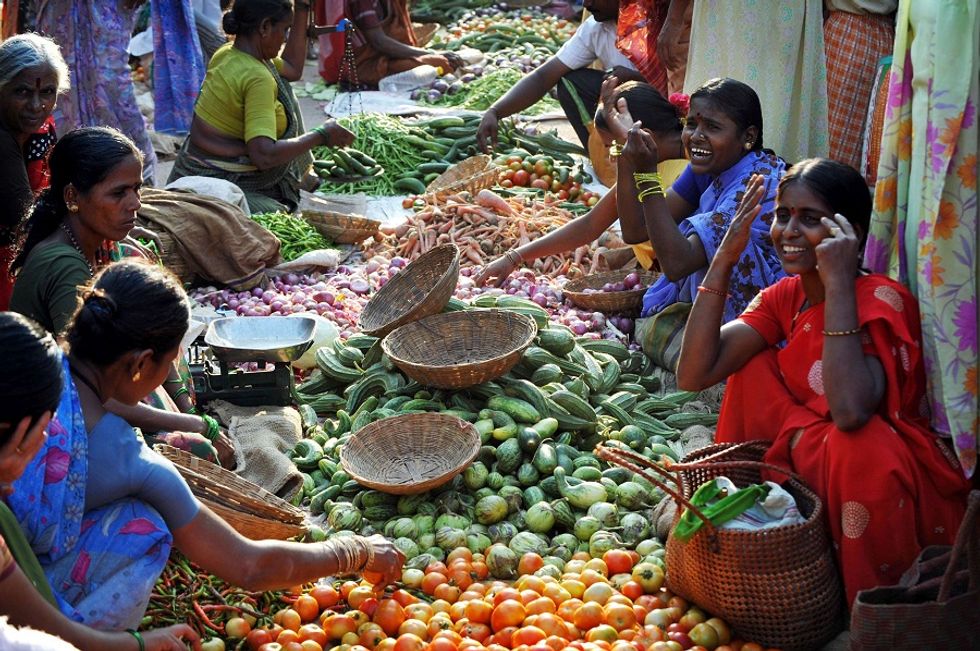Italian contribution to women empowerment and microfinance
Every woman is a multiplier of well-being in the society she lives in, and their involvement in sustainable microfinance programs can become a social life-changer
Fondazione Pangea onlus is an Italian nonprofit organization active in sustaining women empowermentthrough microfinance. Education, human rights education, health and hygiene, reproductive health, vocational training, and of course creation of income-generating activities and micro-credit are among the tools Pangea's staff usually resort to for its development projects oriented at sustaining women empowerment.
Twelve years of experienced in Afghanistan, India and Nepal have convinced Pangea that women social and economic empowerment is crucial to both engage families and promote growth and development in the communities in which these women are embedded.
A few days ago Pangea published a broad report on microfinance effectiveness. According to its experts, in order to make micro-credit intervention more incisive, microfinance strategies need to be adjusted to the social, cultural and geographical context in which they are implemented, being this is the only way to get stable and long-lasting results in terms of local empowerment. Claudia Signoretti, Pangea projects leader, explained This is Italy that, for example, "in Nepal, where the microcredit project was implemented in rural contexts, the repayment schedule was based on the agriculture production cycle, since all the microcredits were invested on farming activities. So in this case the reimbursement schedule was longer (2 years of monthly installments) than Afghanistan, where microfinance was implemented in the urban context of the outskirts of Kabul. Here the weekly repayment structure was set to foster and facilitate regularity and frequency of women meetings in Pangea centers: it created a sort of routine for women who hardly ever went out of home and helped them in regularly paying the installments and setting aside small savings to plan for the future. In India, where the loans were disbursed to women with disabilities, even in the urban areas the payment schedule was planned to be longer and based on small installments, in order to make loans easily-manageable by women with lower mobility and incomes".
Fondazione Pangea believes that women operators can make the difference in sustaining a women-led development project. Their experience proves that "female staff not only helps in building a climate of trust and intimacy among women, but many times represents a leading example for their empowerment process. Laila, from Kabul, is surely one of these. She was the first woman benefiting from the Pangea microcredit project in 2003 in Afghanistan. At that time she was living in extremely poor conditions with her little children: she had neither home nor husband, and she managed to survive selling her body to unscrupulous men for small earnings. Today, more than 10 years after having participated in the microcredit and the education programs, Laila is one of the best microcredit program officers in Pangea. She is responsible for running the program in one of the 5 women centres in Kabul and, thanks to her enthusiasm and motivation, she is an inspiring and encouraging example for all the new women who are just at the beginning of their path".
Follow @castaritaHK


